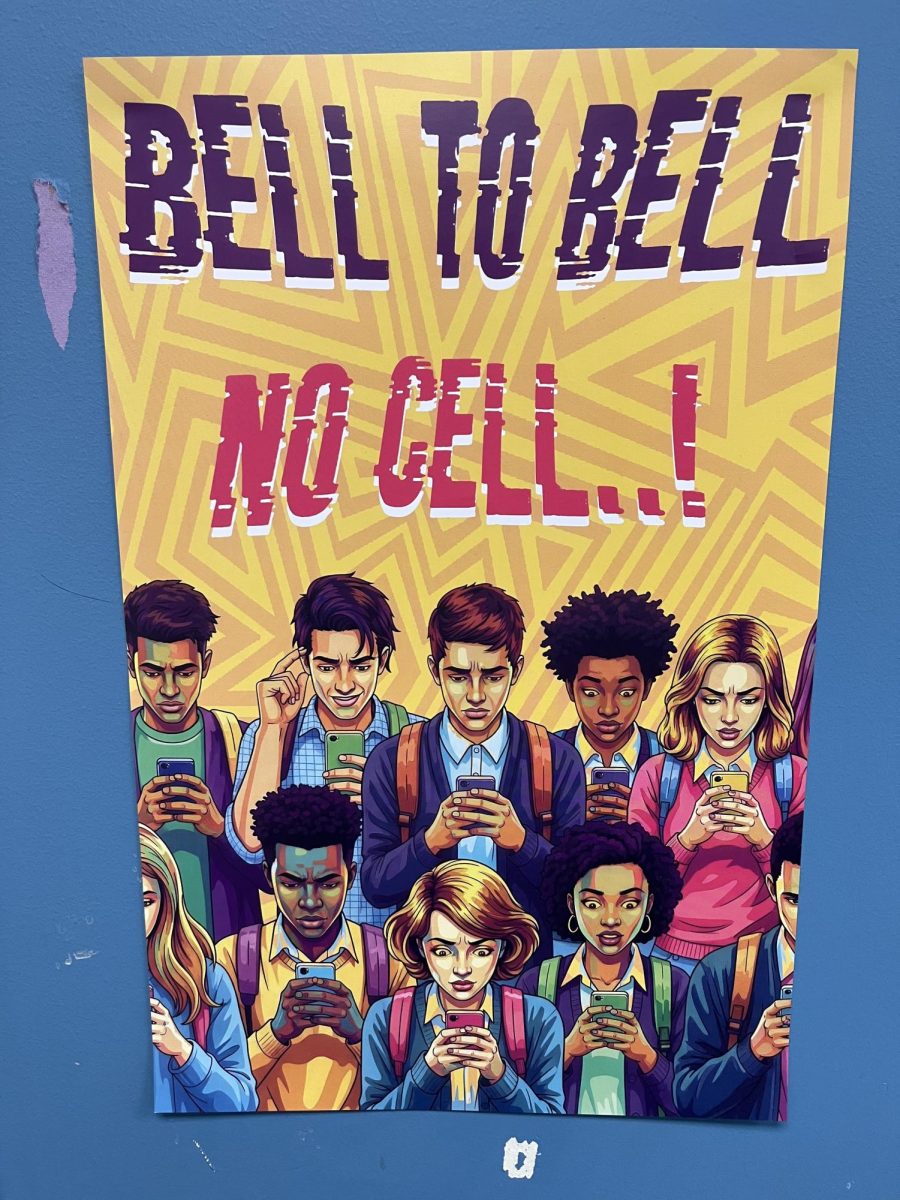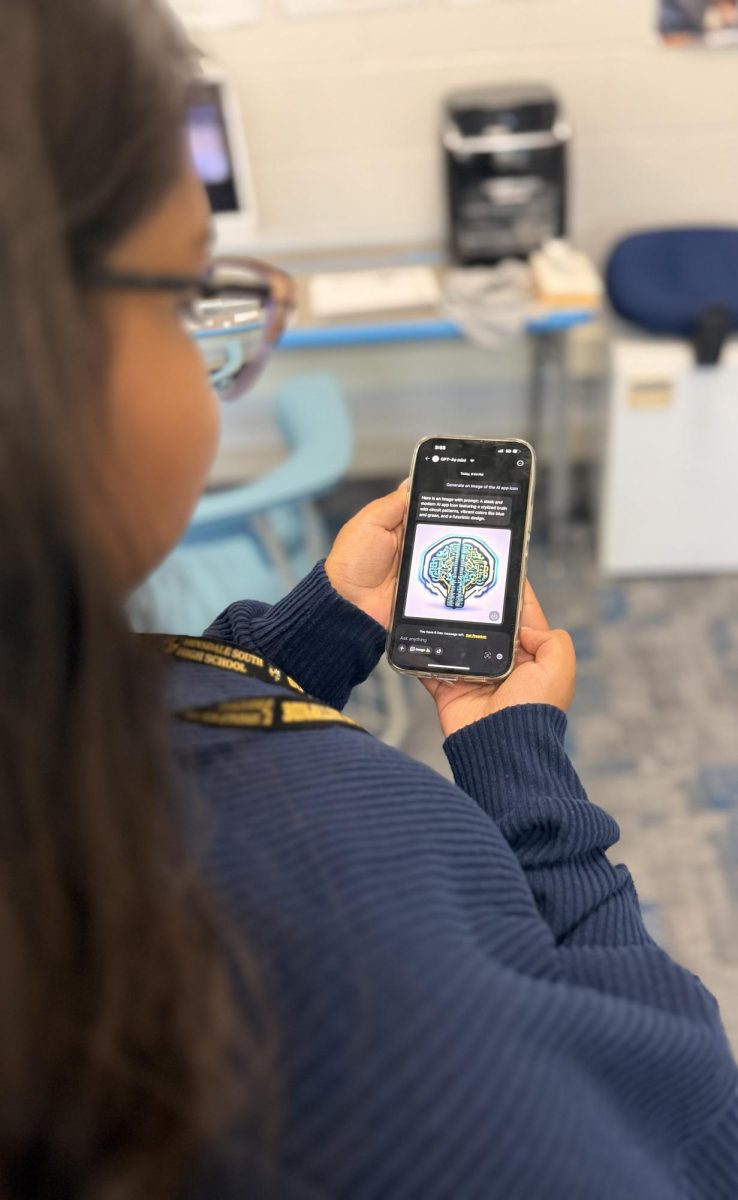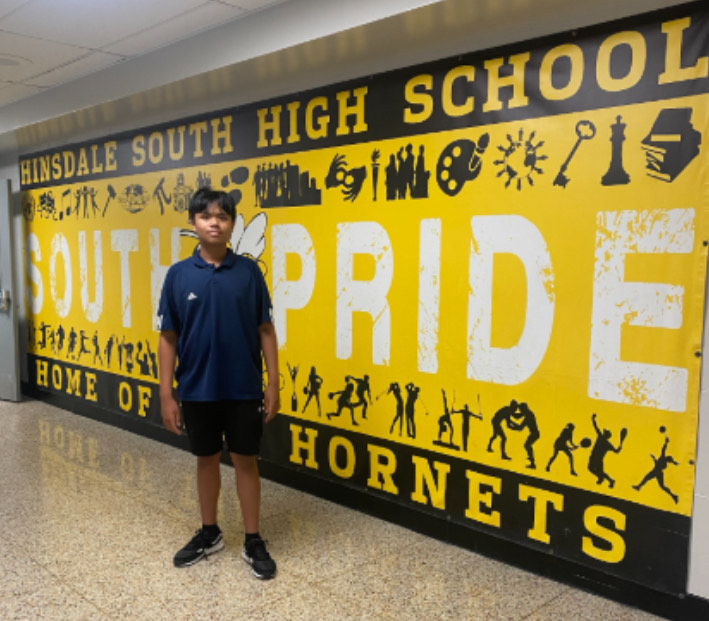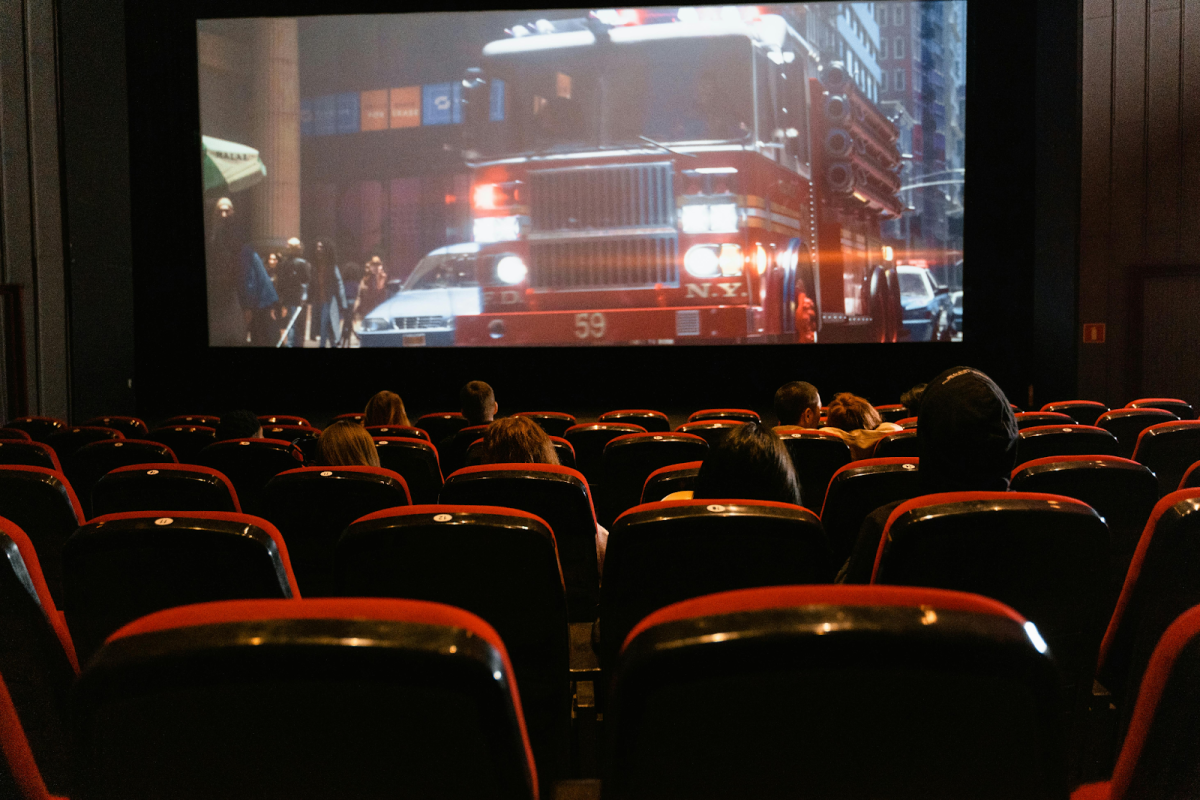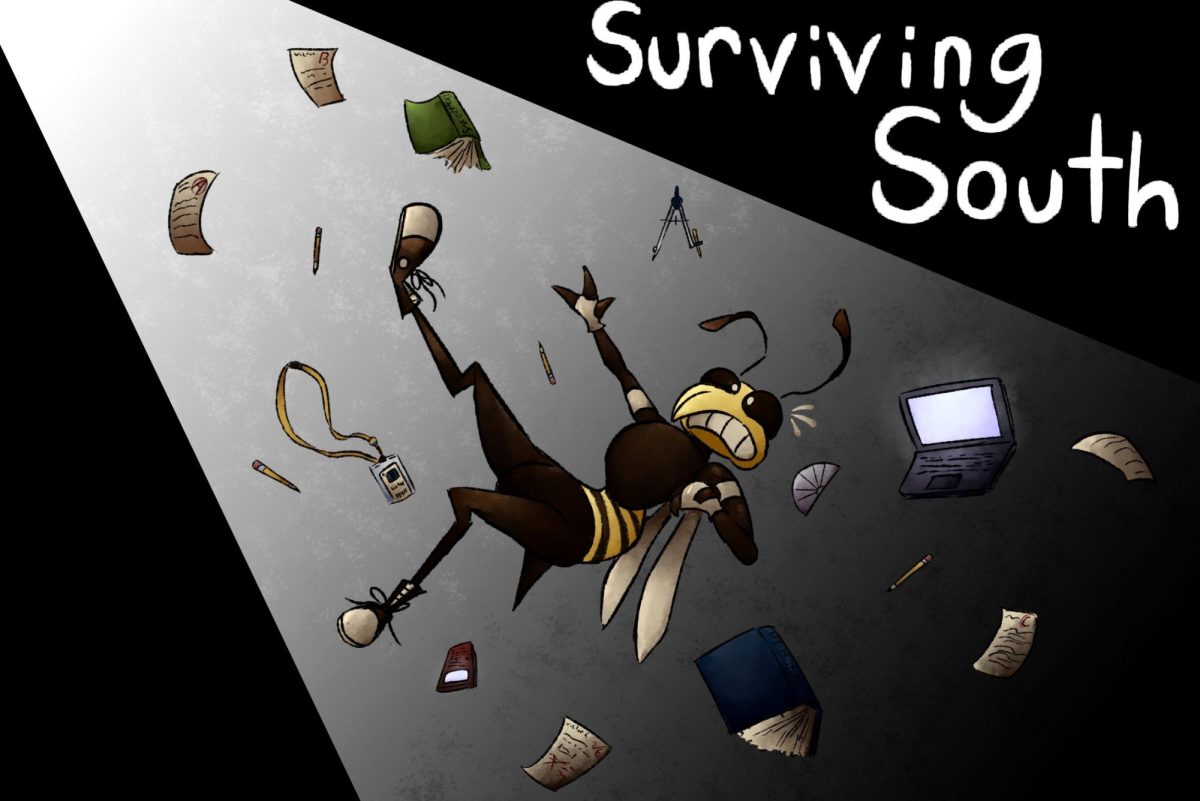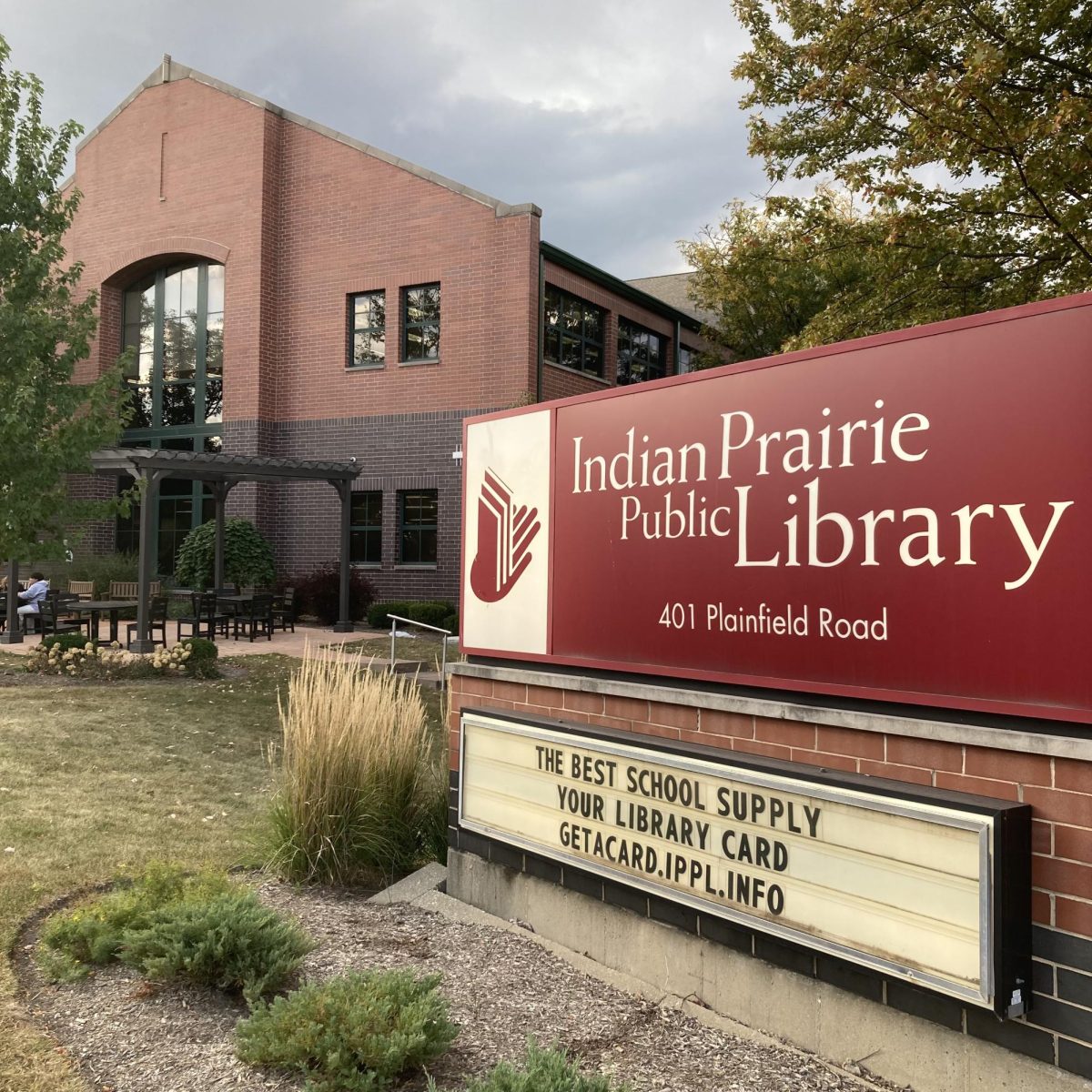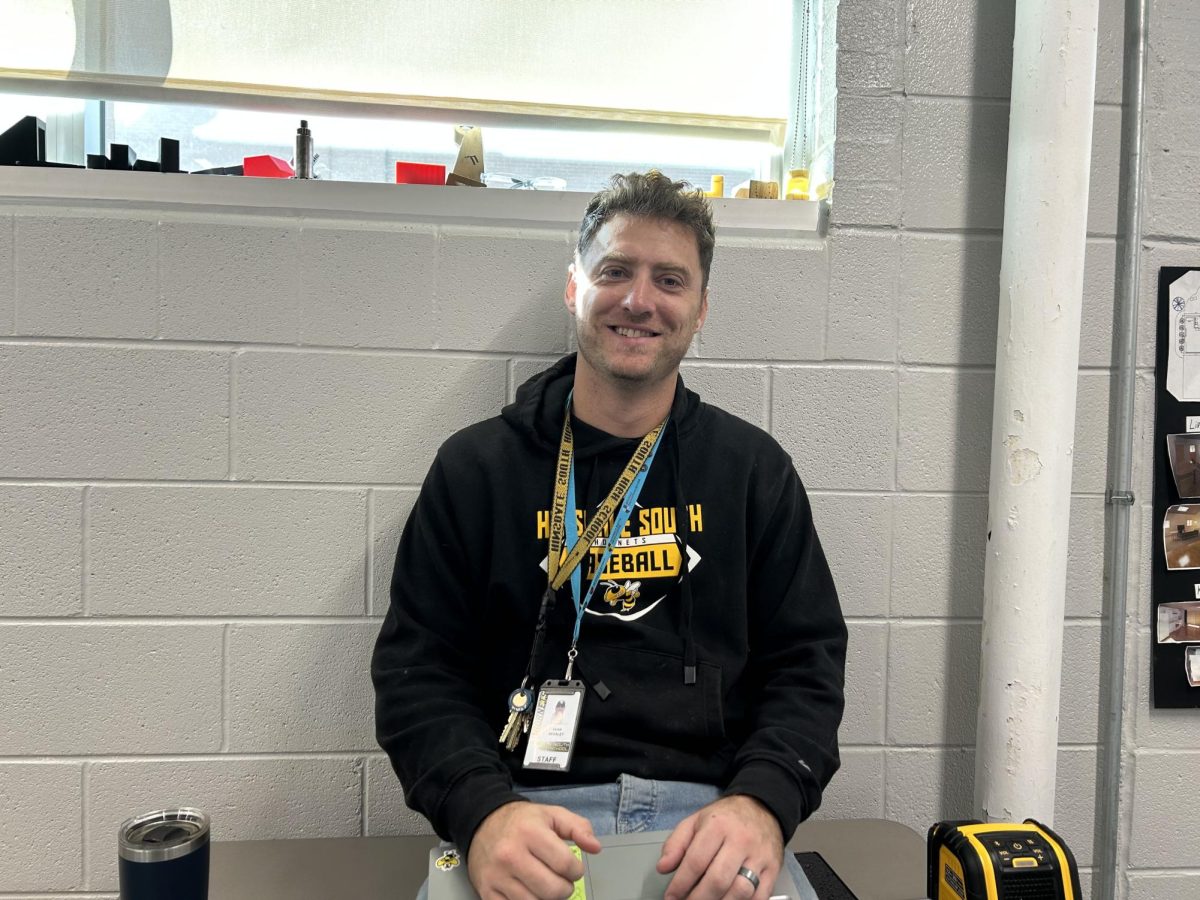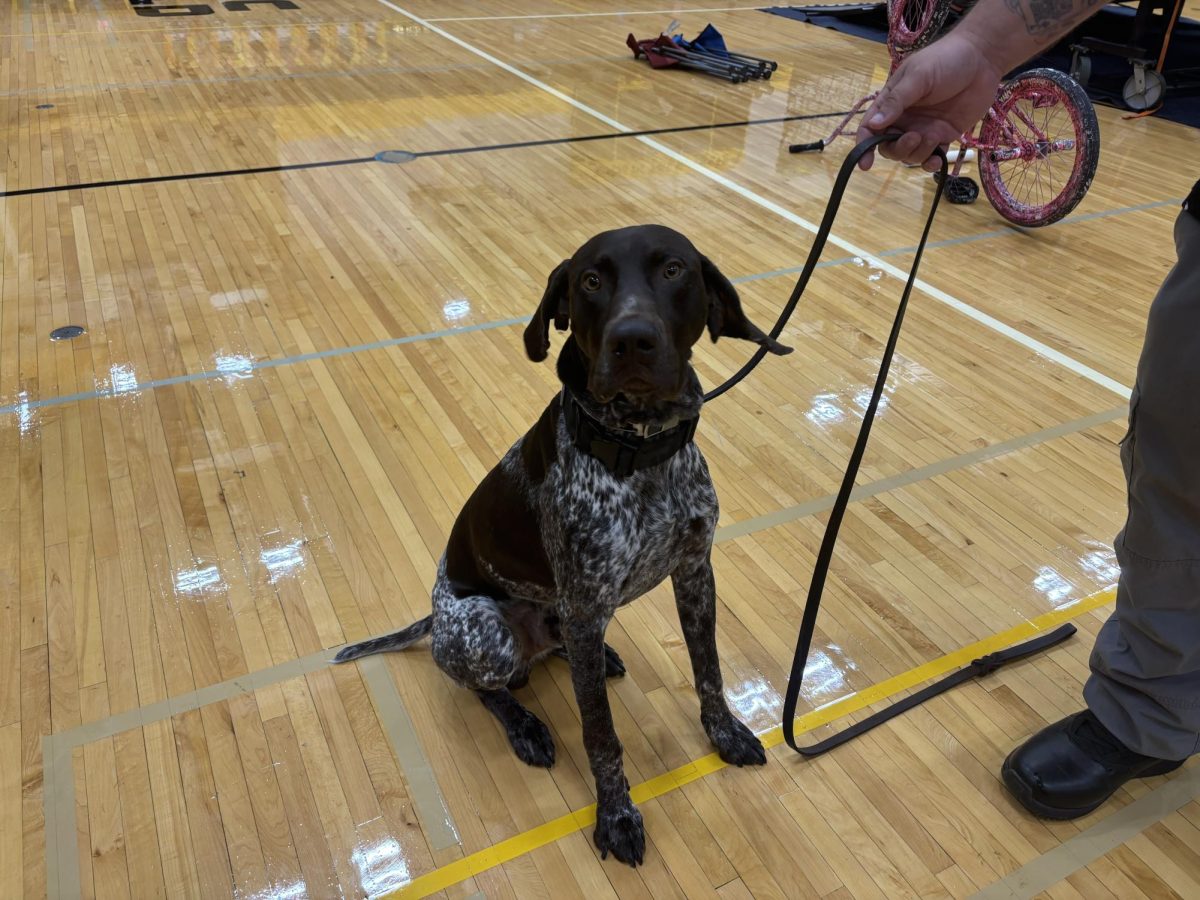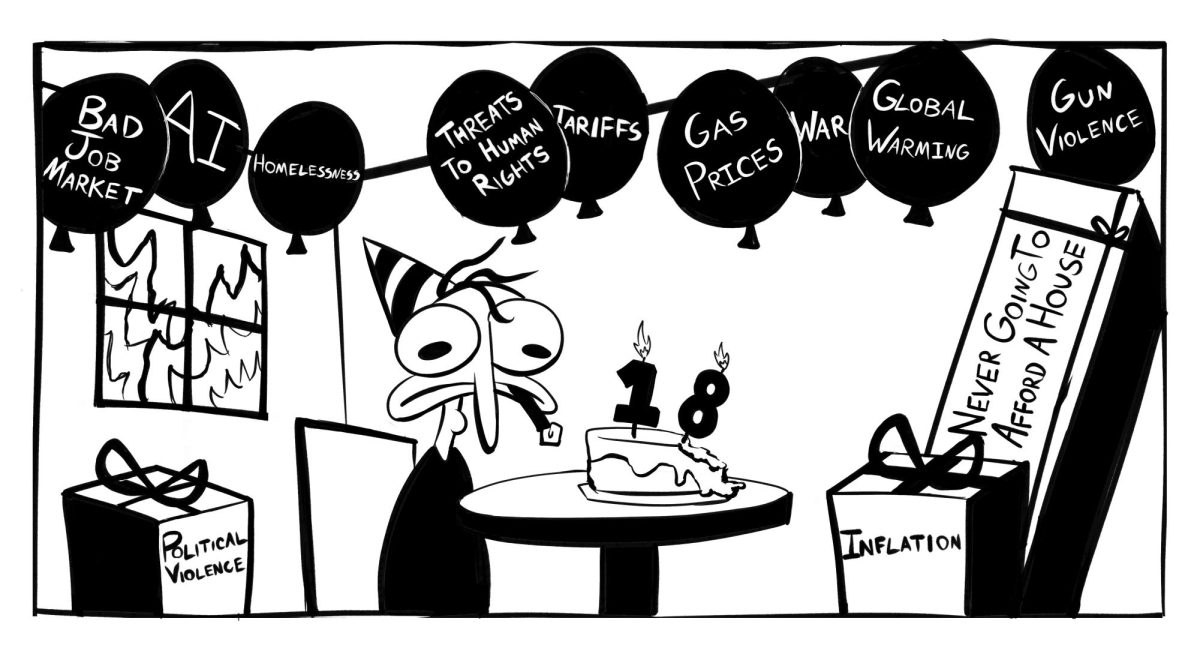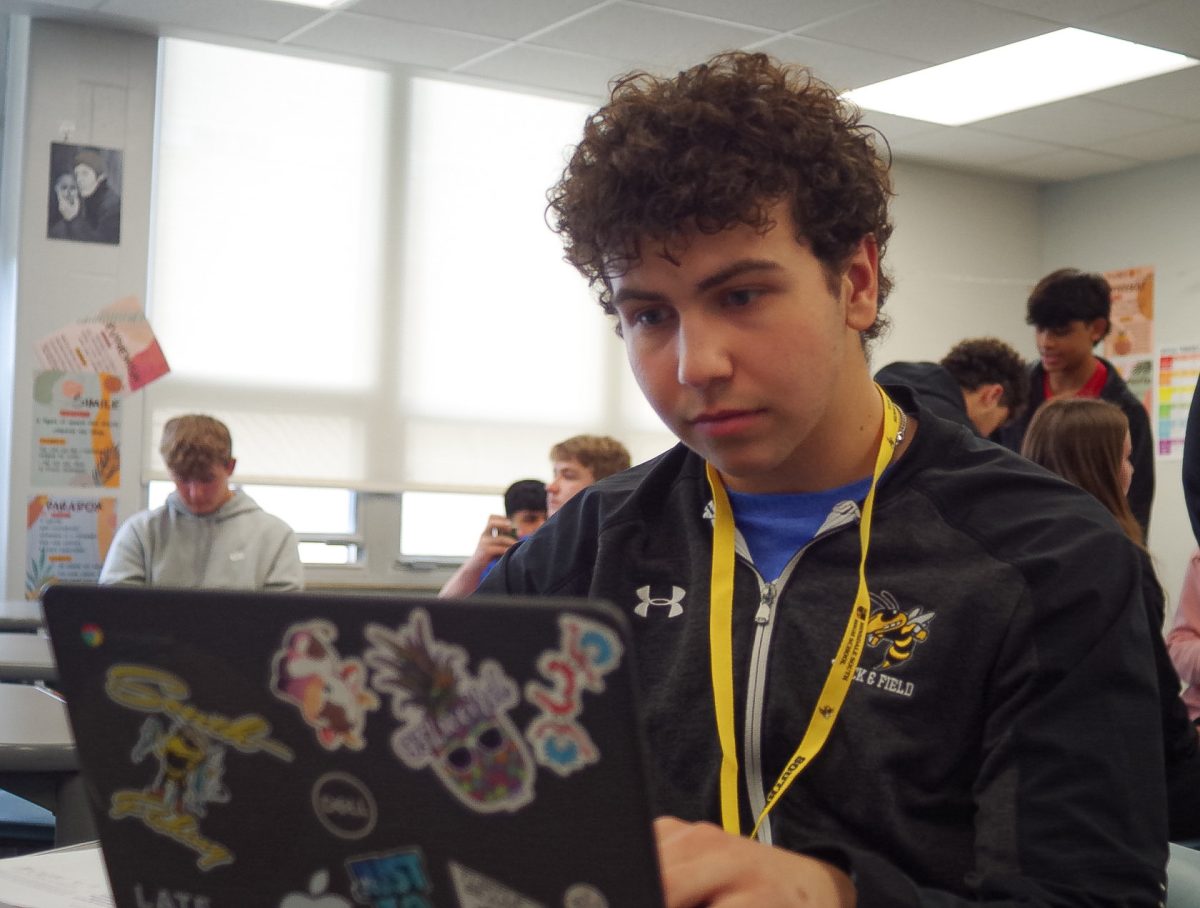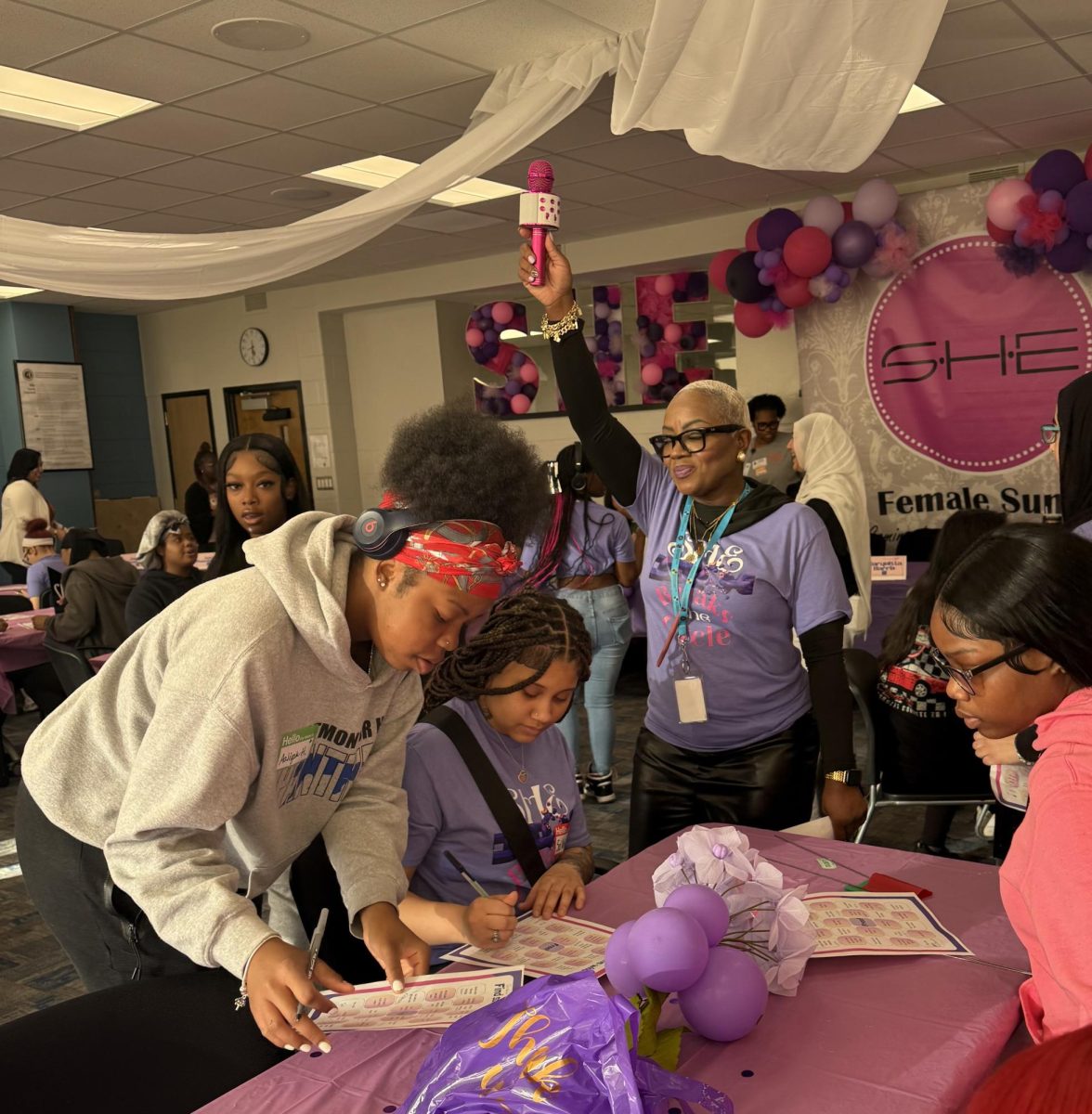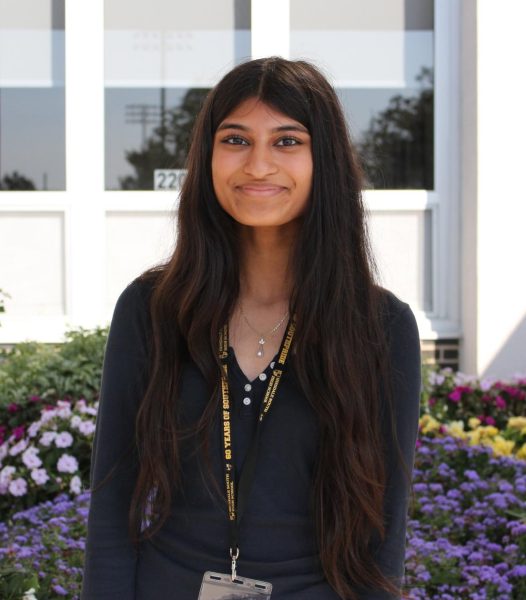Today, my friend came up to me, completely panicked over the fact that the United States was apparently about to join a nuclear war.
Instantly, I was scared, so I asked her where she heard that. She said she saw a video about it on TikTok. As soon as I heard those words, I knew that for now, our country would be safe from the threat.
In a world where social media is the main way people, especially teenagers, get their news, media literacy is becoming an alarmingly fading skill. Many students scroll through TikTok, Instagram, or X and take what they see at face value, rarely stopping to question if it is true.
The problem isn’t that social media spreads news, it’s that too few people know how to separate real information from opinions.
Big global stories can appear on our feeds within minutes of happening. For example, when violent protests recently broke out in Nepal against their government, videos posted by everyday citizens, police, and protesters were viewed almost instantly. Many learned about the demonstrations not from television or newspapers, but from clips online.
However, rather than substantial information about what was taking place, most of the content included dramatic pictures and exaggerated explanations. Lately, this seems to be the case for many significant events happening around the world, whether it’s a real development, conspiracy theory, or anything in between. False information spreads just as quickly as real news, and a post with a dramatic intro or eye-catching picture can go viral before anyone checks if it’s true.
“It really depends on the case,” freshman Greta Aleksonis said. “News that spreads in urgent situations where others need help can definitely be helpful, but that information can be altered really easily, causing people to feed into lies they weren’t even aware of.”
That’s why media literacy is more important than ever during these times. Before reposting or sharing a video, students say it’s smart to double-check the facts. “Social media is meant to be a credible form to get news,” freshman Raul Angel says, “but people need to rely on accurate sources. If you’re going to believe something you see online, have backup statements from other reliable sources.”
Media illiteracy is not just a small issue, it shapes how we think, speak, react, and even vote. Social media gives everyone a voice, but that power means we need to use it responsibly.
In a time where misinformation spreads faster than truth, knowing how to think critically online might be the most important skill we can learn.


